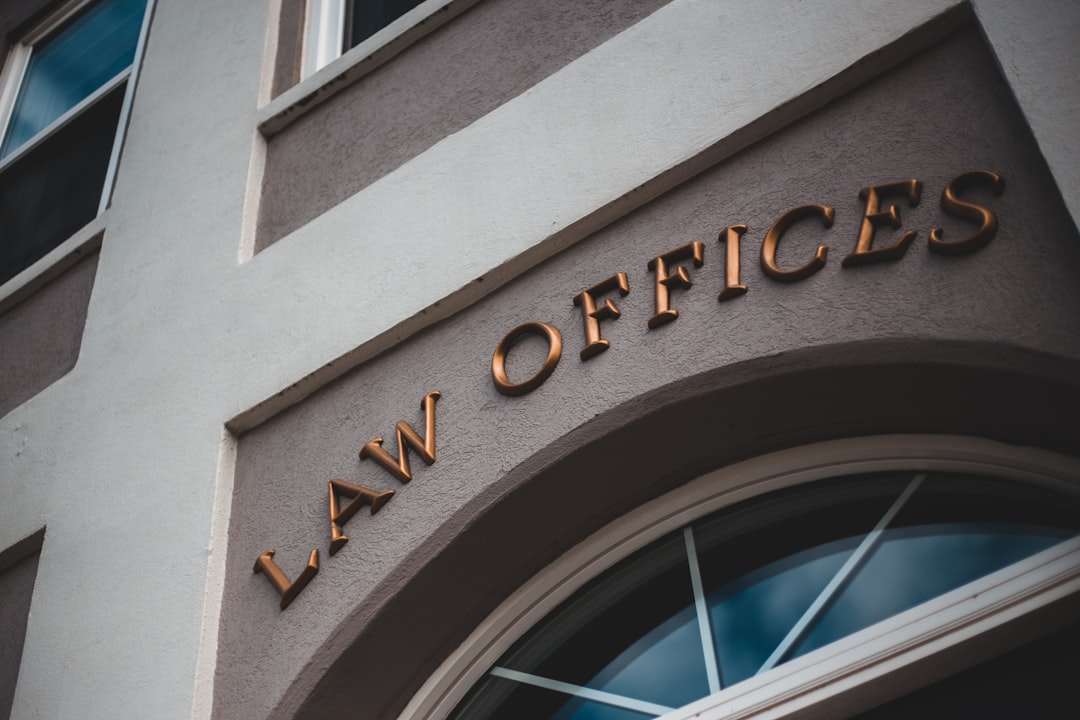In today’s digital age, local search engine optimization (SEO) is crucial for law firms aiming to attract clients within their geographic area. However, many legal professionals unknowingly make critical mistakes in their local SEO strategy, which can severely impact their visibility on Google and other search engines. Ranking well for local search terms like “personal injury lawyer near me” or “divorce attorney in Boston” is extremely competitive, and small oversights can mean the difference between appearing on page one or getting lost in the digital crowd.
If you’re investing time or money into SEO without seeing meaningful results, one or more of the following mistakes might be to blame. Below, we cover the most common local SEO mistakes law firms make—and how to fix them.
1. Inconsistent Name, Address, and Phone (NAP) Information
This might sound basic, but it’s one of the most damaging and frequent issues. If your law firm’s name, address, or phone number is listed differently across directories, your credibility with Google diminishes.
- “Law Office of John A. Smith, Esq.” on Yelp but “Smith Law” on your website
- Differing phone numbers depending on the platform
- Street address variations: “St.” vs. “Street”
Why it matters: Search engines rely on consistent data to verify businesses. Irregularities can lead to lower rankings or even total omission from local listings. Use tools like Moz Local or BrightLocal to audit your NAP accuracy across the web.
2. Neglecting Google Business Profile Optimization
Your Google Business Profile (formerly Google My Business) plays an outsized role in local SEO. Sadly, many law firms either fail to claim their profile or leave it incomplete.
Key optimization practices include:
- Adding photos of your office, team, and signage
- Including a strong description rich in relevant keywords
- Choosing the correct legal categories (e.g., “Family Law Attorney” not just “Lawyer”)
- Frequently updating hours of operation and FAQs

Neglecting this free yet powerful tool can stall your local rankings regardless of how well-optimized your website may be.
3. Ignoring Local Reviews
Online reviews are a major factor in both local SEO rankings and a client’s willingness to choose your firm. Google knows this, which is why review quantity, quality, and recency are all ranking signals.
Common review mistakes include:
- Failing to ask clients for reviews
- Only focusing on Google and ignoring platforms like Yelp, Avvo, and Facebook
- Not responding to negative reviews or thanking clients for positive ones
Encourage satisfied clients to leave honest feedback, and make it a consistent part of your case-closing process. Remember: reviews are not just a ranking factor—they build trust with potential clients.
4. Lack of Location-Specific Landing Pages
Firms with multiple offices often make the mistake of using a single generic contact page. However, Google favors specific and localized content that serves the searcher’s intent. If you operate in Miami and Orlando, for example, creating unique pages for each location is critical. To truly stand out in local search results and convert visitors into leads, it’s worth hiring a landing page designer who can craft location pages that not only rank but resonate with your audience.
Each location page should include:
- NAP details for that location
- Local client testimonials
- City or neighborhood-specific content
- Driving directions and parking information

These pages not only improve your chances of ranking in various regions but also enhance user experience for potential clients who want to know if you’re truly local.
5. Thin or Generic Local Content
One of the foundational principles of SEO—local or otherwise—is content quality. Too many law firms take a lackluster approach, simply copying legal information from other sites or writing generic blog posts that have little to no local relevance.
Instead, focus on creating localized content that includes:
- News about changes in local court rules or legislation
- FAQs relevant to local clientele
- Case studies or success stories from your community
- Lists of resources such as local shelters, hospitals, or family services
Demonstrating your involvement and expertise in your community sets you apart—not only in SEO engines but in the minds of potential clients.
6. Poor Mobile Optimization
A significant portion of local search traffic comes from mobile devices. Google has shifted to mobile-first indexing, meaning the mobile version of your site is considered the primary one. A website that isn’t mobile-friendly will plummet in local search rankings.
Signs your site may not be mobile-optimized include:
- Slow page load times
- Text that is too small or cut off on mobile screens
- Menus or buttons that are hard to click
Use Google’s Mobile-Friendly Test to assess your site and prioritize responsive design practices to ensure usability and performance on all device types.
7. Keyword Stuffing in Your Content or Meta Data
Optimizing for keywords like “divorce attorney San Diego” is important—but overdoing it can backfire. Google’s algorithms have grown smart enough to penalize keyword stuffing, which makes content sound robotic and forced.
What to avoid:
- Repeating the same phrase unnaturally throughout the page
- Using irrelevant keywords just to try to rank
- Stuffing keywords into meta titles and descriptions
Focus instead on creating high-quality, human-friendly content that naturally incorporates keywords. Remember, you’re trying to connect with people—not just bots.
8. Missing or Incorrect Schema Markup
Schema markup is a type of structured data that helps search engines understand the context of your website. For local businesses like law firms, local business schema is essential. It tells Google your business type, location, and contact details in a format it can quickly process.
Without schema, your site may miss out on rich search results like:
- Review stars in search listings
- Maps and directions integration
- Operating hours directly in search snippets
Using tools such as Google’s Structured Data Markup Helper or a plugin built into your CMS can help correctly implement schema markup for your law firm website.
9. Failing to Build Local Backlinks
Backlinks continue to be a vital SEO ranking factor. When local, reputable websites link to your law firm, it signals to Google that your site is trustworthy and locally relevant. Unfortunately, many firms focus only on national directories and ignore building links within their own community.
Effective local link-building tactics include:
- Sponsoring local events or charities and getting mentioned on their websites
- Being featured in local news outlets or business associations
- Guest posting on reputable community blogs
- Partnering with local organizations and inclusion on their resources pages

These links not only boost SEO but foster valuable real-world connections with potential clients and referral sources.
Conclusion
Local SEO for law firms is both an art and a science. Understanding how Google interprets local intent and optimizing your firm’s digital presence accordingly can mean the difference between thriving or struggling to attract new clients. From ensuring consistent NAP information and mastering Google Business optimization, to developing rich local content and building community backlinks, it’s essential to take a comprehensive approach.
By avoiding these common local SEO mistakes and implementing best practices consistently, your firm will be better positioned to attract local clients, build trust online, and grow your legal services within your geographic target market.



